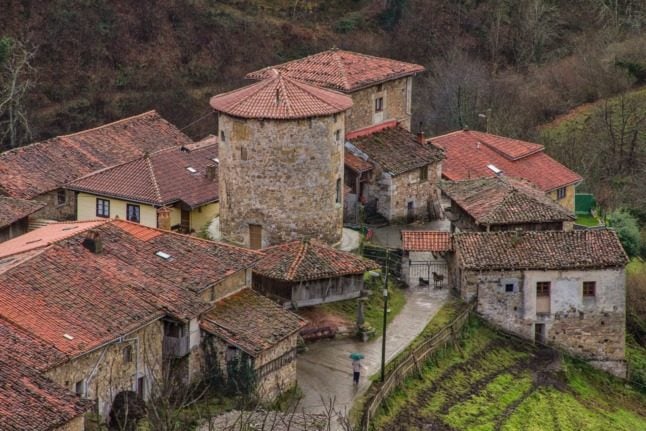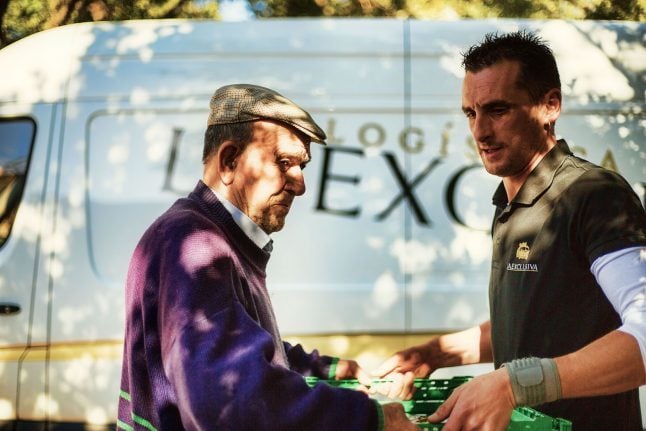A 21-year-old H&M customer who complained that the fashion store’s decision to print a t-shirt with an image of Tupac Shakur, a convicted sex offender, was inappropriate went to bed one night with her mobile pinging several times a minute, according to a Sveriges Television (SVT) report broadcast on Wednesday.
Her complaint on H&M’s Facebook page had attracted almost 3,000 comments, many of which said they wished the US singer was still alive to rape her or that they themselves would.
“Of all these people, maybe one means what he says, how can I know?” Julia, 21, told SVT’s investigative journalism programme Uppdrag Granskning.
Its reporters called several of the people who threatened her on Facebook.
“It was just an expression, I didn’t mean it literally, but she’s a retard,” one man said.
“Tupac’s dead so he can’t defend himself, so when she disses him, I have to diss him back for his sake,” one man said before apologizing to Julia.
Many of the commentators that were contacted said their posts were no less offensive than other people’s statements.
Julia filed a complaint to the police, hoping they would investigate whether the comments constituted illegal threats or defamation, as many posts threatened violence or called her a slut or a whore.
The police received the complaint and decided not to investigate the day after. A spokesman told the programme that he was not sure if his colleagues had looked at the Facebook comment thread.
The one-hour programme also spoke with several women in the public eye, including actor Andrea Edwards, author Åsa Linderborg, and editorial writer Ann-Charlotte Marteus.
In a minimalist take with the women before a black screen, they were filmed reading the threats verbatim. Cuss words abounded. Murder threats were common.
Many of the letters called the women ugly, fat and disgusting. Many served up graphic descriptions of how they would kill them. Some stated that their authors did not mind a few years in prison as a result.
Many of the women said that they received more threats than normally when they addressed rightwing groups or the Sweden Democrats.
“People like you are destroying Sweden,” was one comment to TV personality Karin Hübinette.
“It’s sad, but I self-censor,” admitted journalist Sanna Lundell.
“Sometimes I just don’t have the energy to report on topics that I know will trigger these kinds of comments.”
The Local/at




 Please whitelist us to continue reading.
Please whitelist us to continue reading.
Member comments